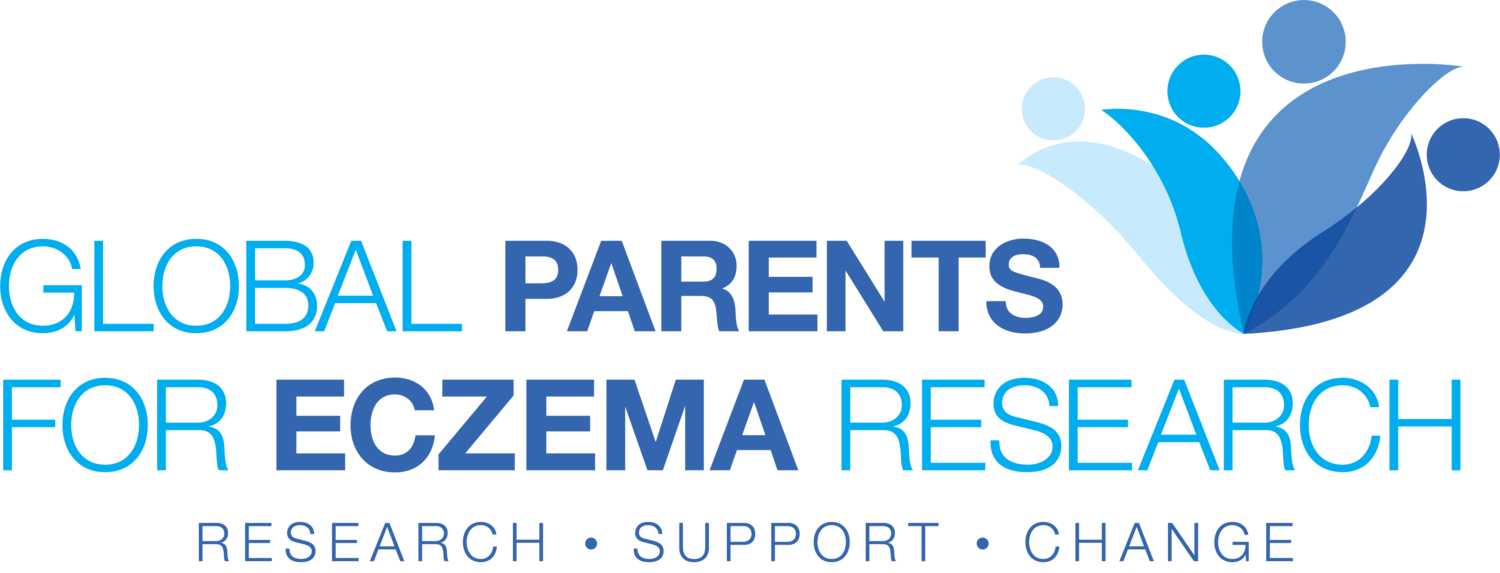Are Antibiotics Linked to a Higher Risk of Eczema?
For some time, researchers have wondered if antibiotic use in babies (or even in their pregnant moms) might be linked to the development of eczema later in life. In the last few years, several analyses of large population databases and reviews of multiple studies across time (meta analyses) are providing a clearer picture of antibiotics’ role in the development of eczema.
Does early antibiotic use increase eczema risk in babies? The answer appears to be yes for kids themselves but is less conclusive if their moms took antibiotics during pregnancy.
First, maternal antibiotic use during pregnancy.
One 2020 meta analysis of 26 studies concluded that maternal use of antibiotics might increase the risk of eczema (69%) and asthma (29%). But a recent study in a major journal (JAMA) of 700,000 Swedish children had less clear-cut results. It found a strong link between prenatal antibiotic use and risk of eczema (52%), but the result disappeared when researchers compared the outcomes for siblings born when the mother did not take antibiotics, suggesting other environmental or genetic factors might contribute to eczema in these families. More studies are needed to clarify prenatal antibiotic use.
However, the effects of early antibiotic use in babies and very young children are consistent across many studies.
In a 2017 meta analysis of 34 studies studying more than 340,000 children across 6 decades, researchers concluded that kids exposed to antibiotics in the first 2 years of life were 26% more likely to develop eczema.
A 2020 Korean study matched 244,000 children with eczema with an equal number of healthy kids and found a greater risk (60%) of developing eczema in children who received antibiotics and that risk increased as the number of infections and antibiotic exposures increased.
A 2022 Taiwanese study looked at over 21,000 children in a national health database. They found that kids who eventually developed eczema were 13% more likely to have had infectious diseases than children who never developed eczema. They also confirmed the results of previous studies that there was a significant increased risk of developing eczema after infection and systemic exposure to antibiotics.
The bottom line? There are a number of reasons for being cautious about overuse of antibiotics, including encouraging antibiotic resistant bacteria that endanger us all. But if your family is prone to atopic diseases you might talk to your doctor about antibiotic use and your baby’s risk for eczema. And though the jury is still out on use of prenatal antibiotics, emerging evidence suggests it may be wise to minimize their use if your doctor agrees it is safe.
Want to read more blogs like this one? Subscribe to our newsletter to stay in the loop!
Are you a parent looking to connect with others on the eczema journey? Sign up for our free caregiver support program today. Like what we do? Donate to GPER!

